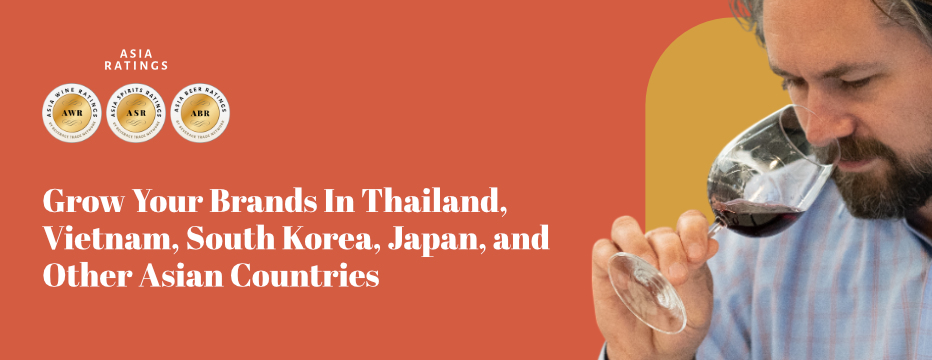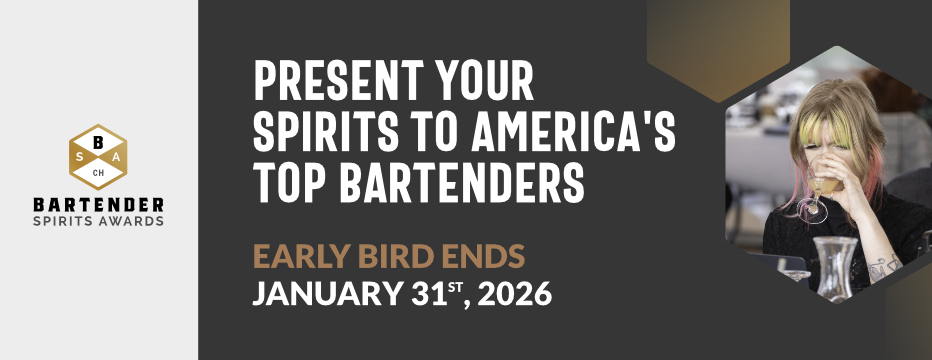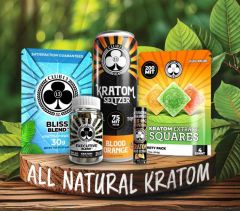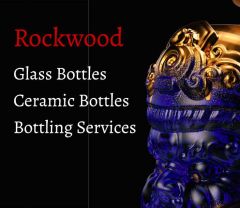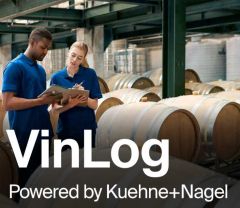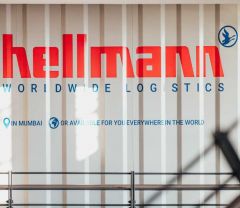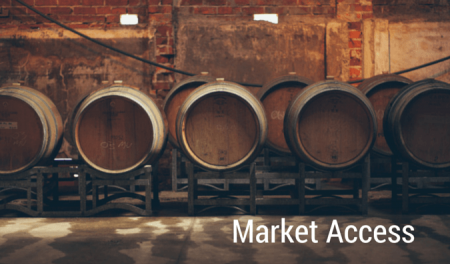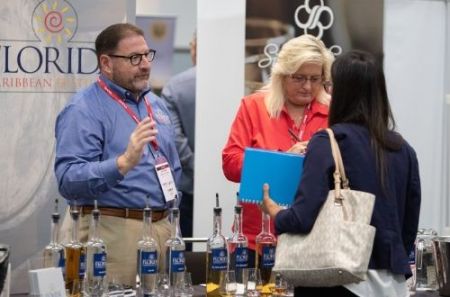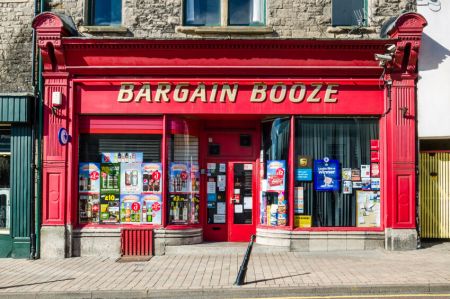Sommeliers Choice Awards 2025 Winners
How To Pitch MEGA Chains: A Blueprint for Success
Many small companies know they have a very good product but are having difficulty gaining retail buyer attention and distribution.
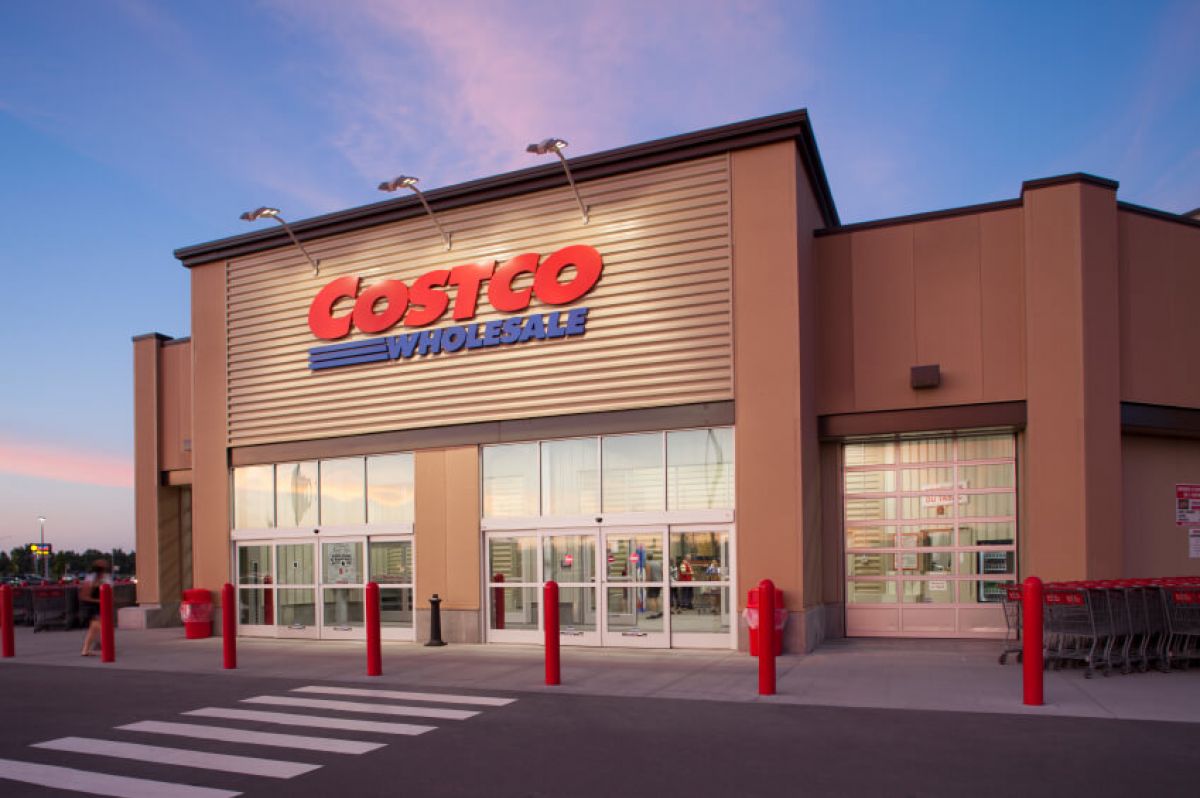
Here is a blueprint for Craft Brewers and Small Wineries having success with the MEGA chains (Gold Members Exclusive)
Many small companies know they have a very good product but are having difficulty gaining retail buyer attention and distribution. They are scared of companies like Wal-Mart, Costco, Whole Foods and Kroger. Only 2-3% of the suppliers who present to Wal-Mart get accepted as new suppliers in a year—you need to make your pitch count.
1.) Shop the store—the rep needs to do shopping in the store department you are targeting. Look for wine and/or craft beer products that are similar to yours. Note the subtle differences—colors, packaging, sizes, unique closures, shelf placement, merchandising units, and price points can make your brand stand out on the shelf vs. the major competition. Take notes on the competition and differentiate your pitch.
2.) Craft your story—the rep must anticipate the questions about the products that the buyer is going to ask. They must convince the buyer that what they have “in the bottle” or in the “box” is the kind of product that fits the target shopper for this chain. You need to know who buys your product, when and why—the buyer will ask “who is your target—which gender, age, psychographics and income levels are your brand sold to?” The rep needs to find a niche that the retail box store has not covered in their story—this is the only way that a buyer will authorize a new item that doesn’t have demand throughout the market—sell uniqueness!
3.) Be Ready for The Buyer—your presentation should include at minimum, the following:
- Company history, milestones, and success stories
- Price list that provides conditions of the sale, discounts, credit, shipping and trade allowances
- Samples of the product, packaging, UPC barcode and pricing
- Product brochure or sell sheet that provides information on the product , its source, the winemaker or brewmaster and thevarietals or beer styles you will be offering
- List of distributors and retailers currently selling your product
- Marketing and promotion plans, including in-store demos, POS, merchandisers/displays, advertising and publicity
- Capacity of brewery or winery to prove the potential of large volume potential
- Manufacturing information that includes the UCC code
- Copy of your presentation (leave behind) and business card
4.) Inform the Buyer Of The Successes Your Brand Has—you will need to explain to the retail buyer your brand’s success stories.
If you have landed other MEGA chains, or if you have IRI or Nielsen data on the sales results, present them for your core markets.
If you don’t have access to IRI or Nielsen, then at minimum, produce charts of your sales growth. They will help the Buyer determine if your retail turns are what they are looking for in the liquor department.
5.) Get Magazine and Blog Reviews—be sure to send your product to all industry blog and magazine writers, and keep copies of the articles you receive. These become part of your pitch and are very helpful in generating online sales, brand recall, and make for a big part of the impressive press package that you will be giving to retail buyers. This is part of the brand’s success story.
6.) The Application—everyone hates paperwork, but landing a MEGA Chain requires multiple forms to be completed usually located on their website. Once you’ve submitted the product, UPC codes, media plans for the brand, pricing and discounts planned, sales promotion programs, POS support, merchandising programs, in-store tasting programs and manager education sessions, you are ready to make the Buyer Contact.
7.) Don’t Run Out—if you are able to secure the order, be sure your Company headquarters/production has enough inventory produced to supply the stores. Then communicate to your distributors and informed of them of the potential business, the price you quoted, the timing of the launch and the support you promised to the buyer. Be retail ready! The last thing you want is to run out!
8.) Position In The Store—assuming you “get the order”, sometimes buyers will allow a temporary display out of department in a high traffic area. This could be in the front of the store near the entrance, or in the deli or meat departments which get high traffic and allow the consumer to pair your wine and/or craft beer with food. Help the buyer by offering to develop the creative merchandising that focuses on food pairings and/or points to its main features/packaging.
9.) Cross Promotion Can Drive Sales—maybe the rep can go to another company and get them to promote with you—a local craft beer could get a local brat company or pizza company to promote with, or a local wine could get a local chocolate company or glassware company to do a cross promotion. They could get a picnic basket company, hammock company, umbrella or lawn chair manufacturer to do a “combo wine relaxation” promotion for the MEGA Store. Creativity is unlimited and the buyer will appreciate the thoughts.
10.) Education Is Important Once the Sale Is Final—the rep can’t assume that the customer or the store managers now all of the benefits of your craft beer or wine product. A sell sheet does not know everything there is to know to communicate the potential product advantages to managers and/or the eventual consumer. So, the rep must attend a store managers meeting and conduct an education session on what differentiates your brand from the competition and tells them where in the store to find it. What are the unique selling points that you convinced the buyer to take on the brand so the in-store managers can pass that along to their department staff and inform the consumers who are going to buy it.
11.) Get the Product Featured On Their Website –if the MEGA Store has a new products section, or features new items in each department, see if they will feature yours. You’ll be surprised at how many hits a large website gets and how fast a new brand like yours can get momentum if promoted by the Chain itself.
12.) Localize Your Sales Efforts Inside The MEGA Store—meet regularly with the retail buyer, marketing department or store managers, and co-develop new ideas on how to sell inside the store. Interview all of them to determine what is moving in the store and why? If you see something that is missing, recommend to the buyer with illustrations, designs or photographs to see if you can get your brand to fill the missing need. What works in one store may not work in the store across town or even down the road 50 miles—localize your brand to what it was created with—it’s called regional provincialism—having tastes of the local region. Even the “Big Box” stores like to feature “local brands,” so go after them as hard as you go after the grocery, convenience, drug or liquor stores. The sales results can be huge!
The key for any sales rep or brand owner selling to the MEGA Stores is to closely examine your bottom line and cost structure. These “Big Box” Stores are notorious for asking for the moon when it comes to price. You will be enticed with large volume buys, longer credit terms and ultra low pricing and thus profit. The challenge will be to control the pricing and credit on your terms.
If you can balance the margin you give up, yet increased the volume significantly, you may be able to lower your cost long term with the additional volume you gain by landing the MEGA Store for your Craft Beer and/or Artisan Wine brand.

